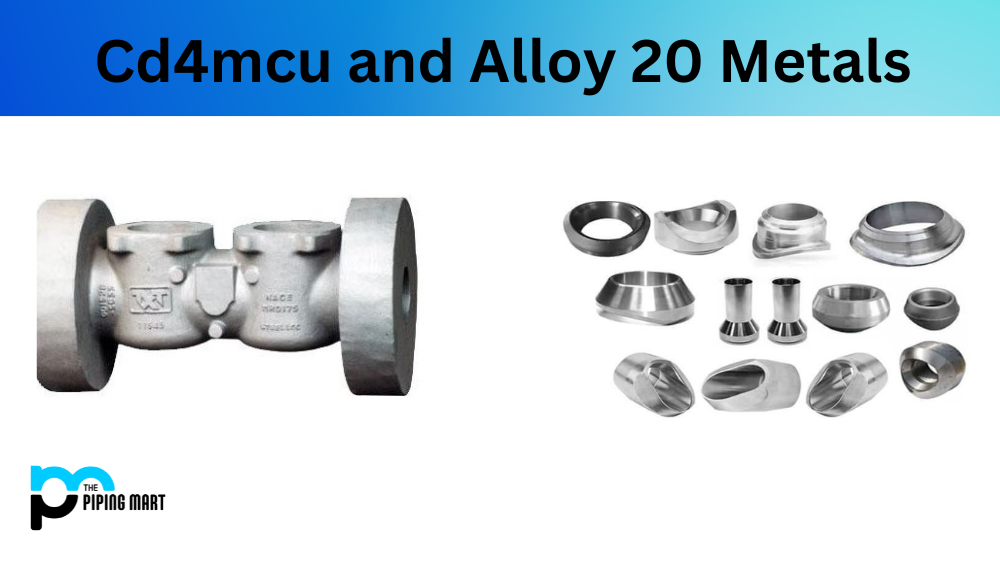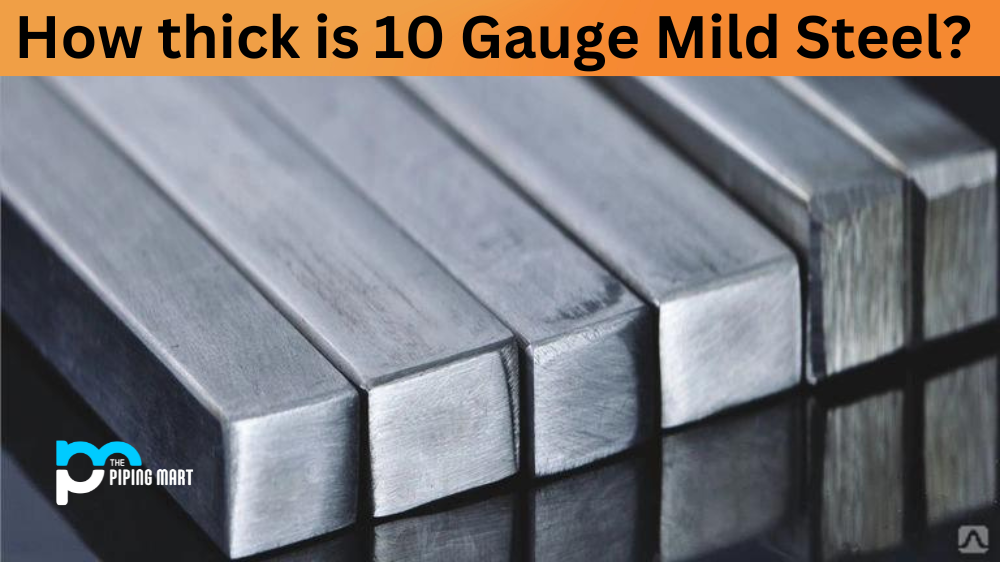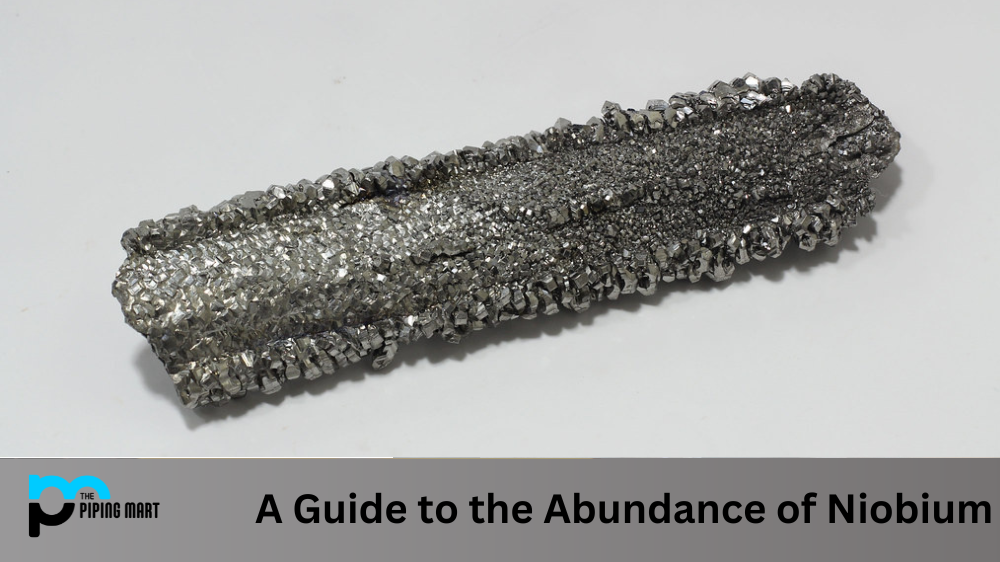When it comes to selecting metals for a project, it can be difficult to know which is the right choice. If you are looking for a metal alloy that can handle corrosion and elevated temperatures, there are two great choices: cd4mcu and Alloy 20. But how do you choose between them? Let’s break down the properties of each metal to help you make an informed decision.
Cd4mcu Metal
cd4mcu is a type of stainless steel that contains chromium, nickel, molybdenum, and copper. It also features low carbon content, which makes it more resistant to corrosion than other types of stainless steel. In addition, cd4mcu has superior resistance to chloride pitting and crevice corrosion due to its higher nickel content. It is also highly resistant to stress corrosion cracking as well as general corrosion in many different environments.
The temperature range in which this metal can be used depends on its grade; grades with higher nickel content offer better high-temperature resistance. Cd4muc is commonly used in food processing equipment, valves and pumps, marine applications, chemical processing equipment, and nuclear waste storage vessels.
Alloy 20 Metal
Alloy 20 is an Austenitic nickel-iron-chromium alloy with excellent corrosion resistance in sulfuric acid-related environments. Its composition includes copper for improved resistance to general corrosive agents as well as sulfuric acids up to 93%. This metal also offers good mechanical properties at both low and elevated temperatures making it ideal for use in extreme environments where temperature fluctuations are common. Alloy 20 is used extensively in the chemical process industry, including tanks, piping systems, pumps, and valves, thanks to its superior resistance to wet chlorine gas exposure as well as air pollution control systems due to its high chromium content. Additionally, Alloy 20 can be used in paper mills thanks to its ability to resist caustic solutions found there without corroding or staining contacts that come into contact with it.
Alloy 20 vs Cd4mcu
- CD4Mcu is an alloy of copper, chromium, molybdenum and nickel.
- Alloy 20 is an austenitic stainless steel containing chromium, nickel and molybdenum.
- CD4Mcu has a lower carbon content than Alloy 20, which makes it less susceptible to carbide precipitation and intergranular corrosion.
- Alloy 20 has higher levels of chromium and molybdenum than CD4Mcu, which gives it better resistance to pitting and crevice corrosion.
- CD4Mcu is typically used in environments where there is a risk of stress corrosion cracking, such as in hot water boiler systems.
- Alloy 20 is often used in chemical processing equipment, such as storage tanks and piping systems, because of its excellent resistance to corrosion by acids.
- CD4Mcu has a lower melting point than Alloy 20, so it is easier to weld and fabricate.
- Alloy 20 is more difficult to weld and fabricate than CD4Mcu because of its higher chromium and molybdenum content.
- CD4Mcu is less expensive than Alloy 20 because it contains less chromium and molybdenum.
- Both alloys are non-magnetic and have good thermal conductivity
Conclusion
Both cd4mcu and Alloy 20 metals offer excellent levels of protection against corrosion while maintaining their mechanical properties at different temperatures, making them ideal options for use in extreme conditions such as chemical processing plants or paper mills where temperature fluctuations are common. Ultimately the choice between these two metals depends on your specific needs, so be sure you research both thoroughly before making your decision!

Pipingmart is B2B portal specializes in industrial, metal and piping products. Also, share latest information and news related to products, materials and different types grades to help business dealing in this industry.




